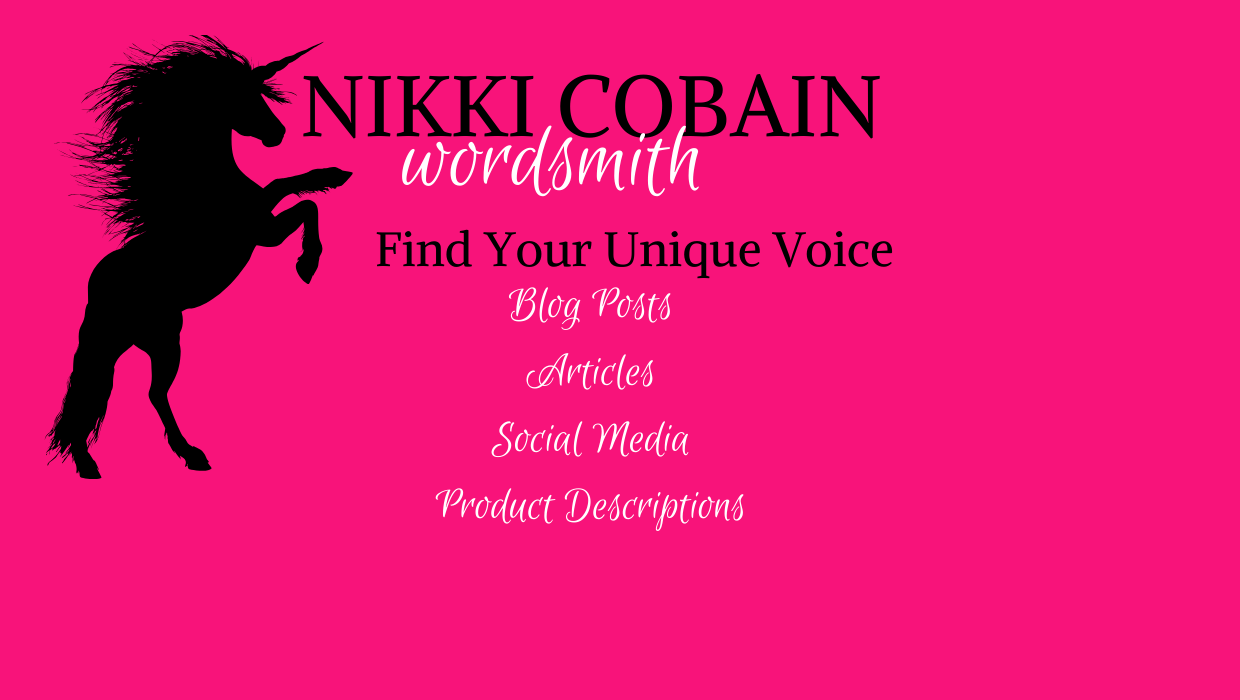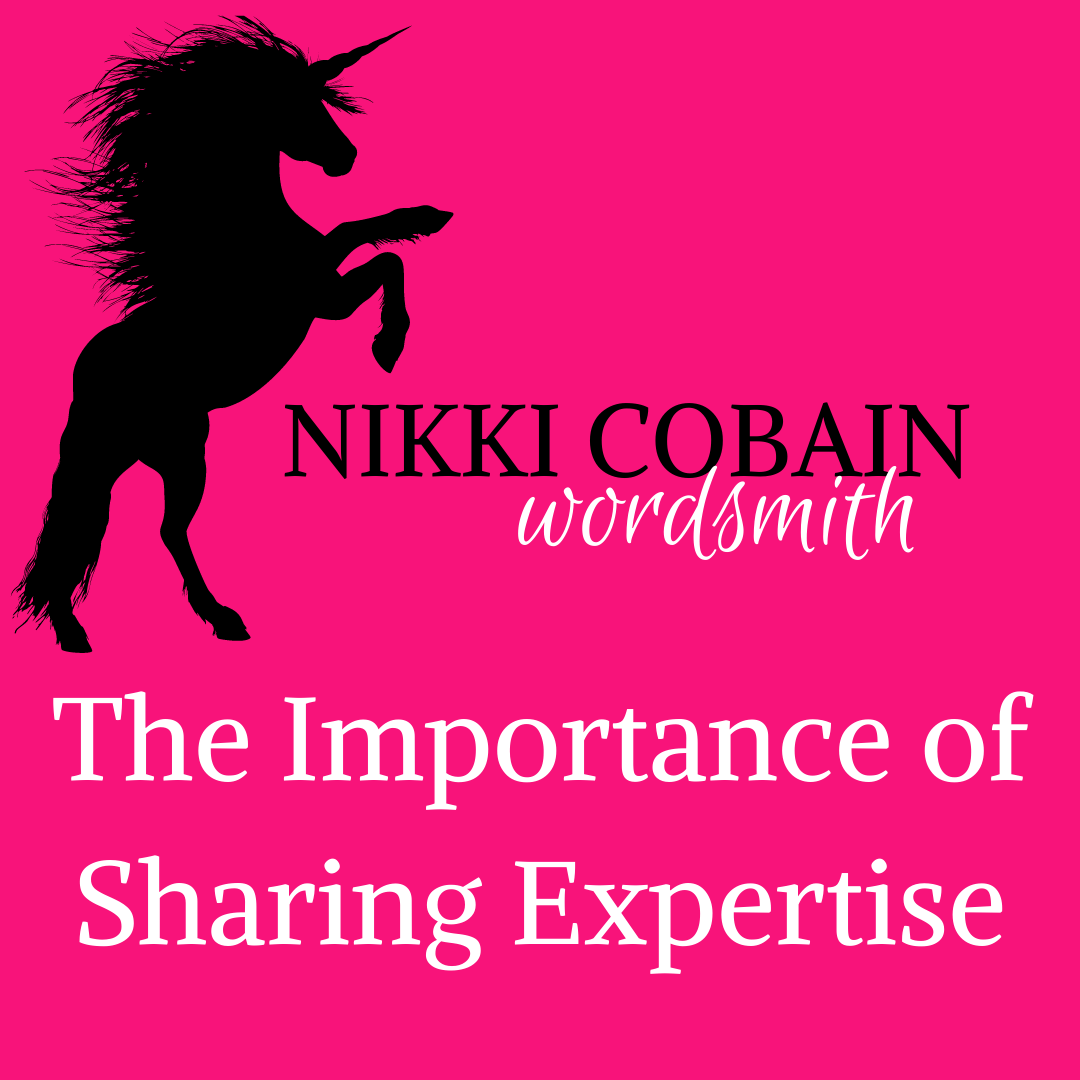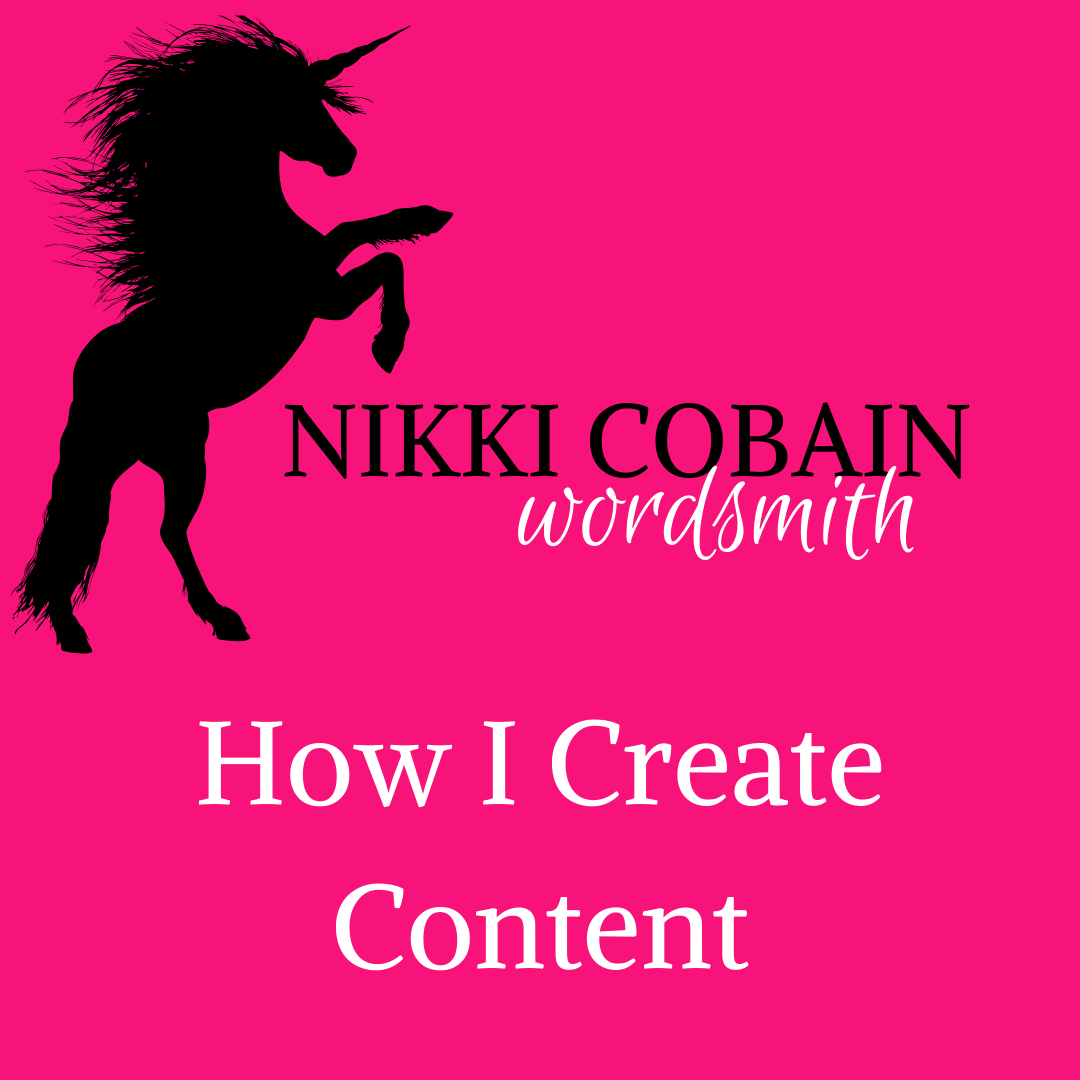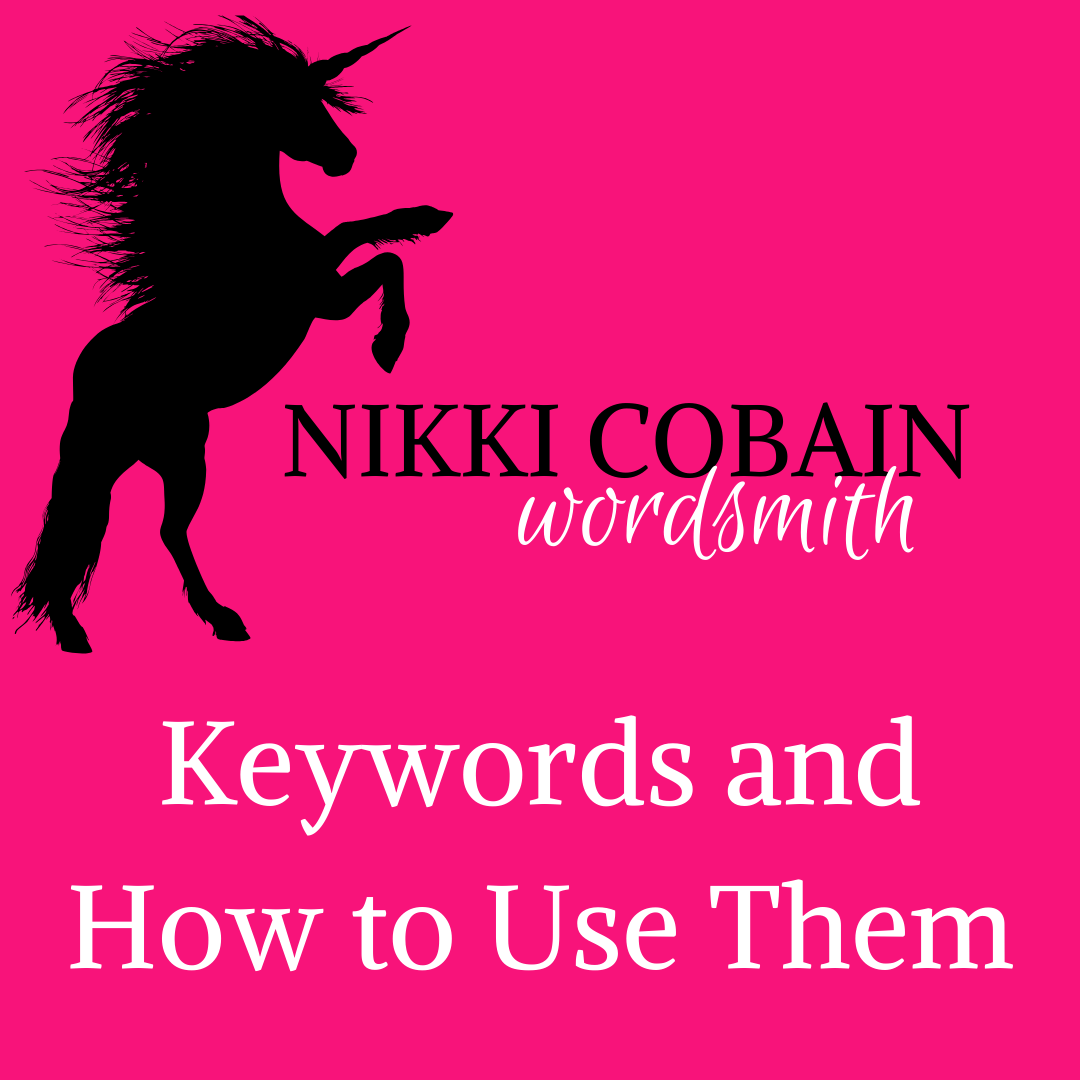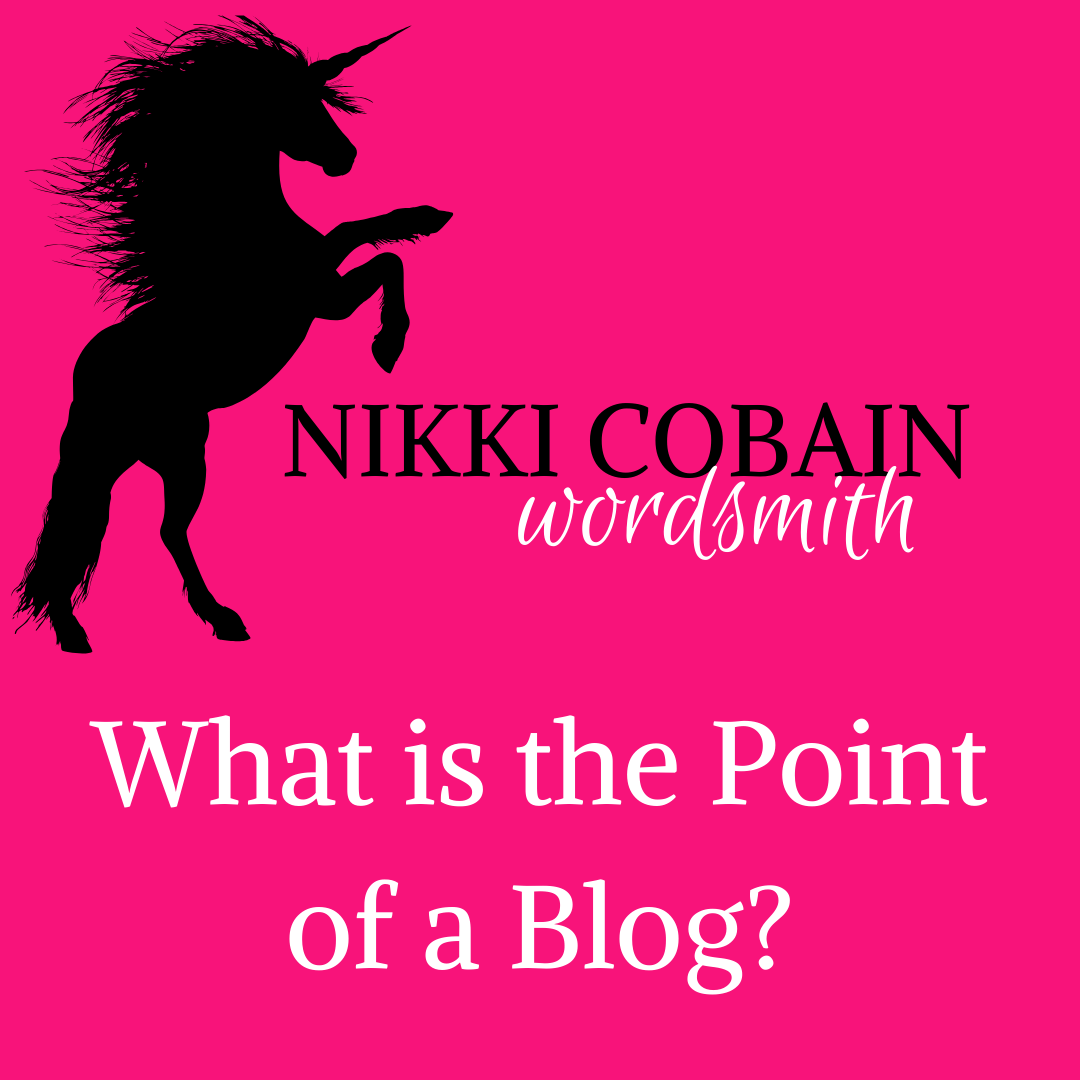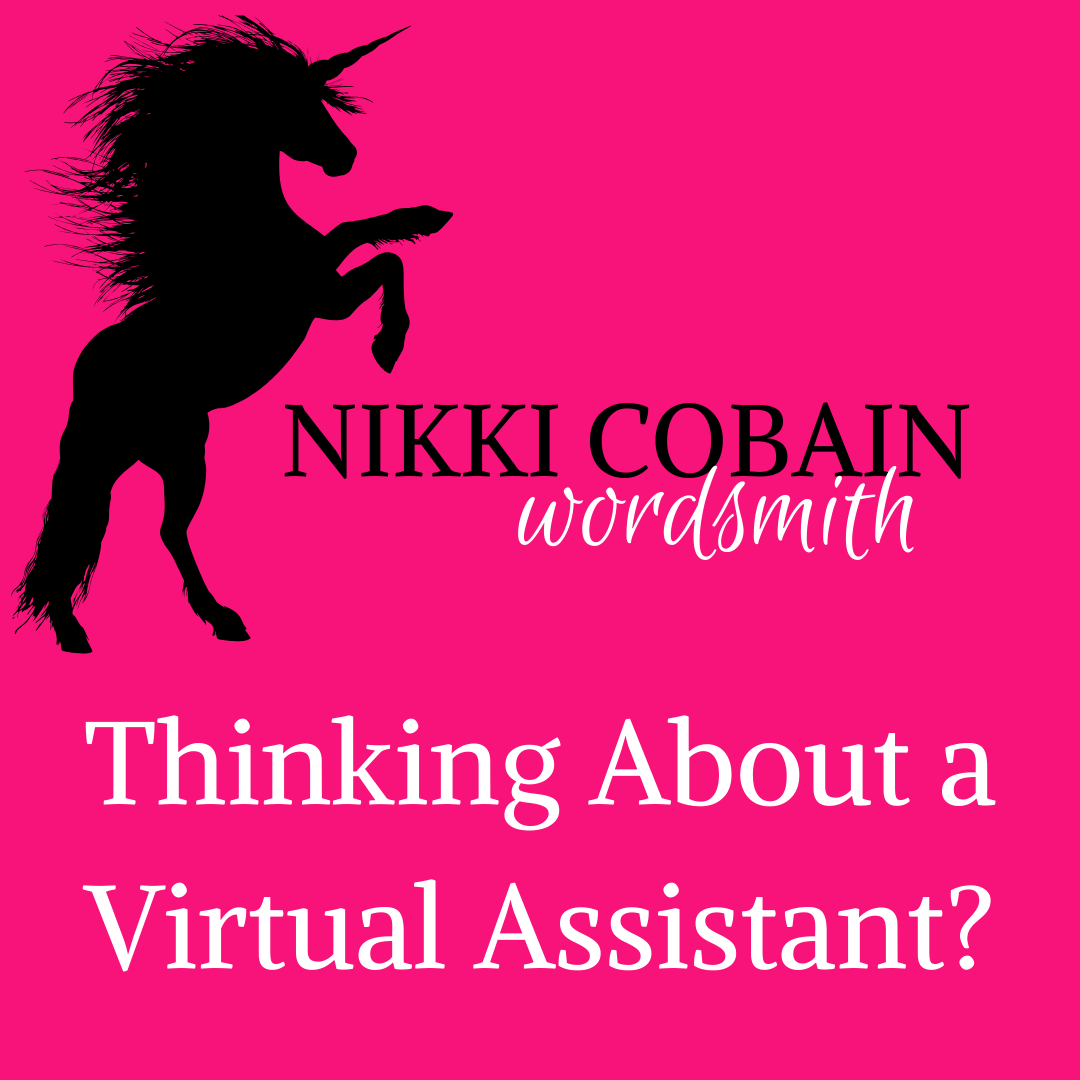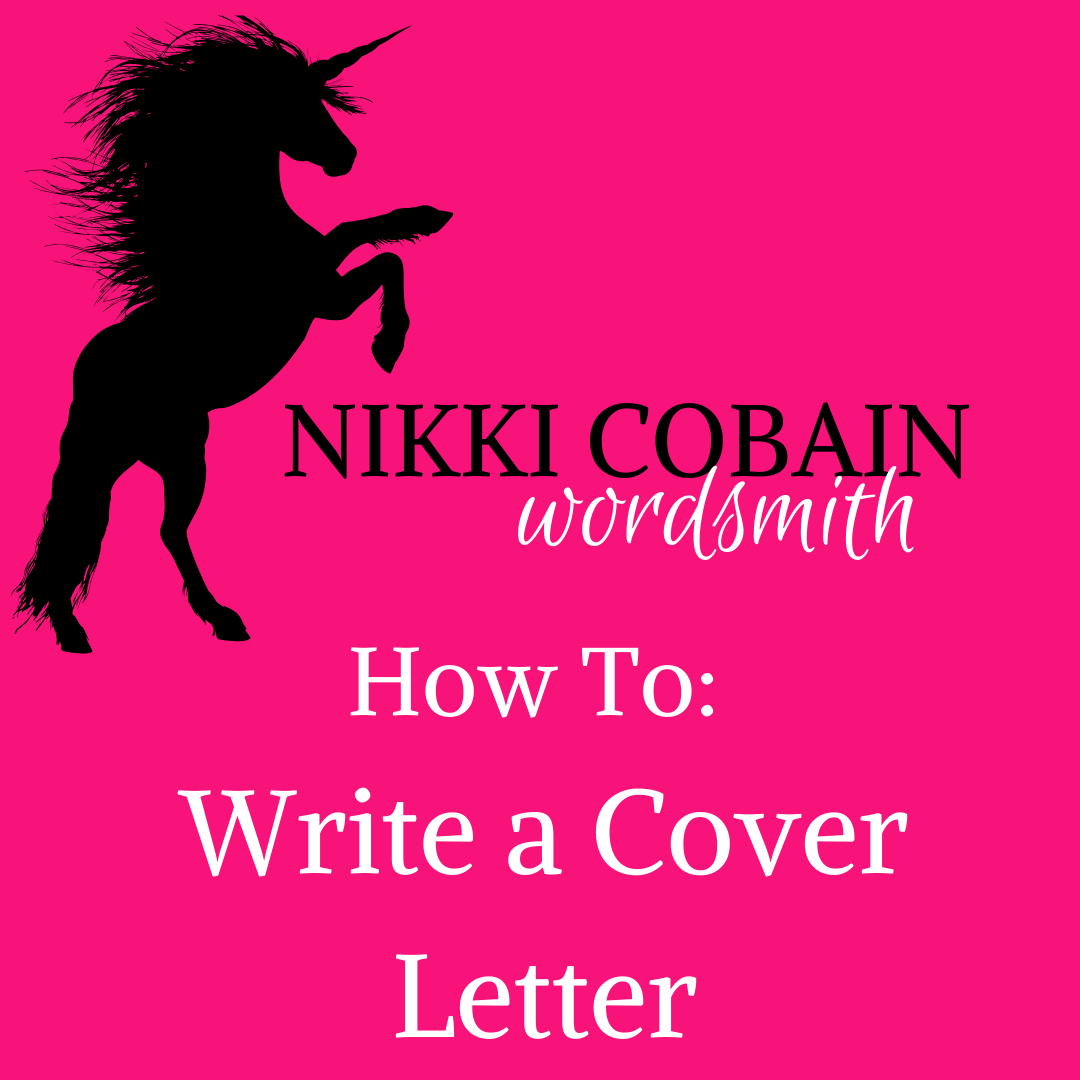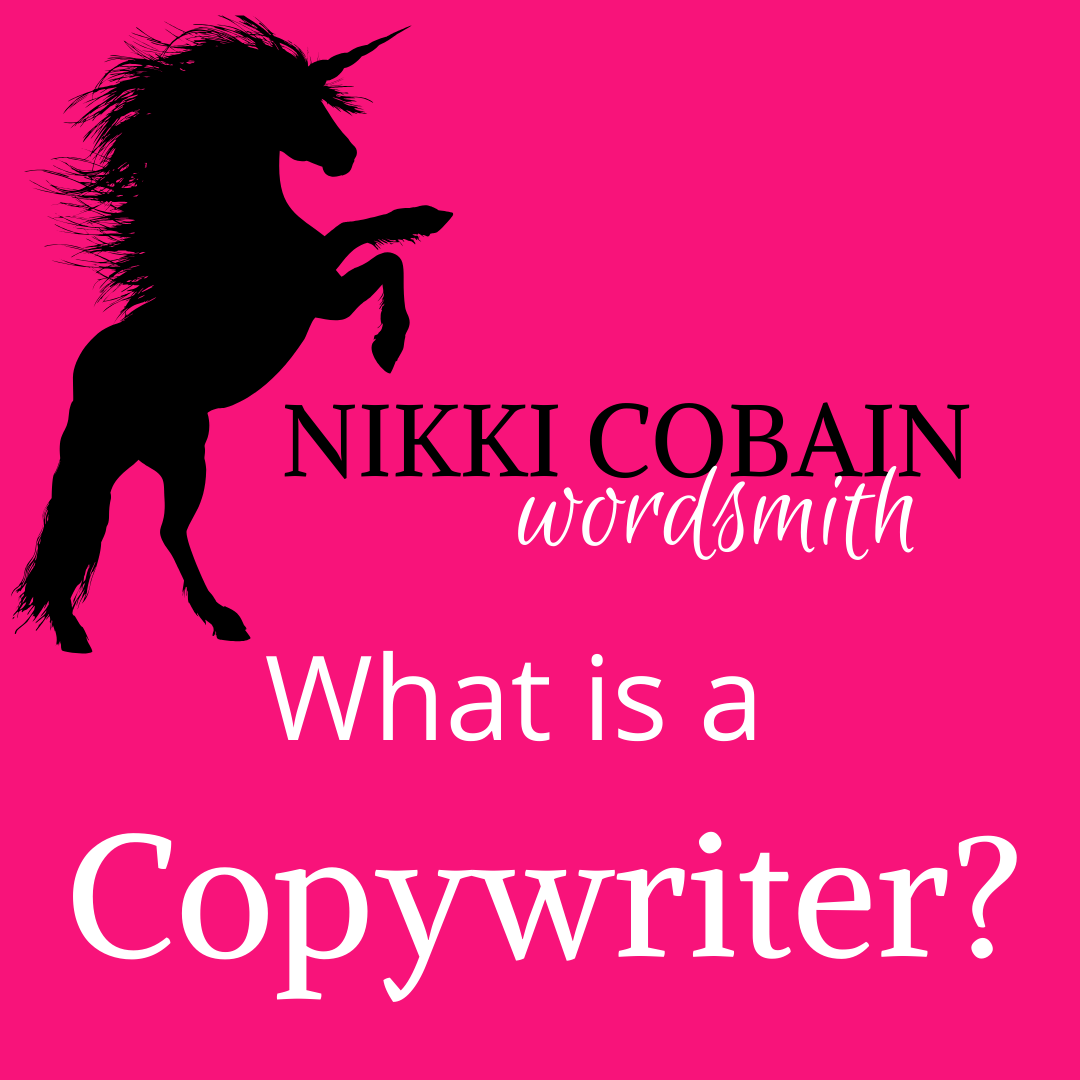How To: Write a Resignation Letter
Nikki Dale • 14 May 2020
Don't burn bridges with these tips for the most professional resignation letter
So, you have used my ideas to write a killer CV, and along with that tailored cover letter you got that interview.
Of course, you bossed that too – and a new career is on the horizon. Now, you just have to resign from your current role – professionally, gracefully, and as smoothly as possible.
A resignation letter is not required by law but may well be required in your contract. Most employers expect written notice of employment ending, so writing a simple resignation letter ensures you are complying with your contractual duties.
Writing the letter itself can be scary – especially if you don’t really know what to include, but I’ve got you covered with these little titbits of knowledge.
Before You Quit
If you are thinking about leaving a role, make sure that this is for the right reasons. Leaving your colleagues and the familiarity of your current role might not be the only answer if you start getting itchy feet and are ready for a new challenge.
If you are looking for a bigger salary, why not check out the average wage for a professional in your sector. You might find that you could negotiate a pay rise, based on evidence from other companies. Be sure to include any extra training you have undertaken and success you have had when you speak to your employer about it. Salary guides are easily available on the internet, so you can check and see what others in your role are receiving as remuneration.
If you would like to get some different benefits, why not ask for them? When you were onboarded into the role you currently have, you may not have felt that you were in a position to ask for more. As you have developed in your role, you might have had a change of circumstances – perhaps a family, or a need to care for someone. If it is practicable, you can ask for flexible hours or the opportunity to work from home.
You might be looking for a challenge to keep your role fresh. Taking ownership of your work can help make you more satisfied, so don’t be afraid to ask your line manager if there are any responsibilities that you could take on to improve your satisfaction.
The potential for growth and development is one of the biggest reasons that employees move on – and employers know this. Upskilling and developing in the role you have now can stand you in good stead for promotion – and make you more valuable to potential future employers. Ask for the opportunity to improve your skills and take on some training.
If you are sure you are ready to move on, it is wise to make sure you have another role ready, so the move can be streamlined. Be prepared though, as your current employers might make a counteroffer to keep you on.
New paragraph
What to Include
• Your details.
This might seem obvious, but make sure you include your name, address, and contact details.
This is a letter, so stick to the usual formal letter guidelines when looking at the layout.
• Date(s)
Most companies will have a required notice period. Make sure to include the final date of the notice period in your letter. This can range from a week to months to even a year, depending on your contract – be sure to check this out first.
If you are looking for an immediate resignation or a shorter than required notice period, then state this on the letter. Give reasons and reassurance that you will provide adequate handover information.
• Reasons for Leaving
This is a section that is really up to you and the reasons you are moving on. If it is to pursue a different career, or you are relocating, then include that. If your reasons for leaving paint the company negatively, then don’t include – you can discuss those issues at an exit interview, if necessary.
• Thank the company
Whatever your reasons for leaving, thanking the company for the time you spent there is common courtesy. Be specific if you can, especially for training and upskilling beyond your role.
This is one of the most important parts of your letter, as the professionalism and grace you display in thanking your employer for your time there will be memorable. Remember, you might need to reach out to them in the future for a reference or want to keep in touch.
• Handover plan
If there is ongoing work, acknowledge that there will need to be some handover. You might want to state that you will complete a project, or that you will work to hand it over to a colleague.
Your notice period is usually the time that you will complete outstanding projects and work with either your replacement or a colleague to ensure that all work is completed.
• Signature
While not a legal document, it is still contractual and letter-writing best practice states that you need to sign.
What Not to Include
• Complaints
Your resignation letter is not the place to list all the shortcomings of the company. You might have specific and relevant grievances but using this as a place to complain is not professional or graceful – and don’t forget about working your notice period, too.
“Having it out” about your employer might seem cathartic but can burn bridges, and you might need to reach out to that employer for a reference.
• Your New Employer
You will have already lined up a new role before you have resigned, but do not be tempted to use the ‘perks’ as reasons for your resignation. It is not tactful to show off about the salary increase or better benefits of your new role – even if that is the reason you are leaving.
Resignation – Goodbye, but not Forever
Every employer you have is a potential reference and could also be a useful contact for networking.
Planning and creating a heartfelt resignation letter might take a bit more time and effort than a generic template, but the long-term benefits cannot be forgotten.
A well-written, considered, and professional resignation letter is warm, with genuine thanks. This establishes the end of your tenure at that company, but not necessarily forever – who knows what the future holds?
You may well need to reach out for a reference, as I’ve already mentioned. But if you have made friends there, leaving under a cloud may put a strain on that relationship. A burnt bridge in the form of a complaint-ridden, cold, or generic resignation letter might well close doors in the future, and that is something that you need to think about as you write.
If you remember to be polite, graceful, and professional throughout, you won’t go wrong.

